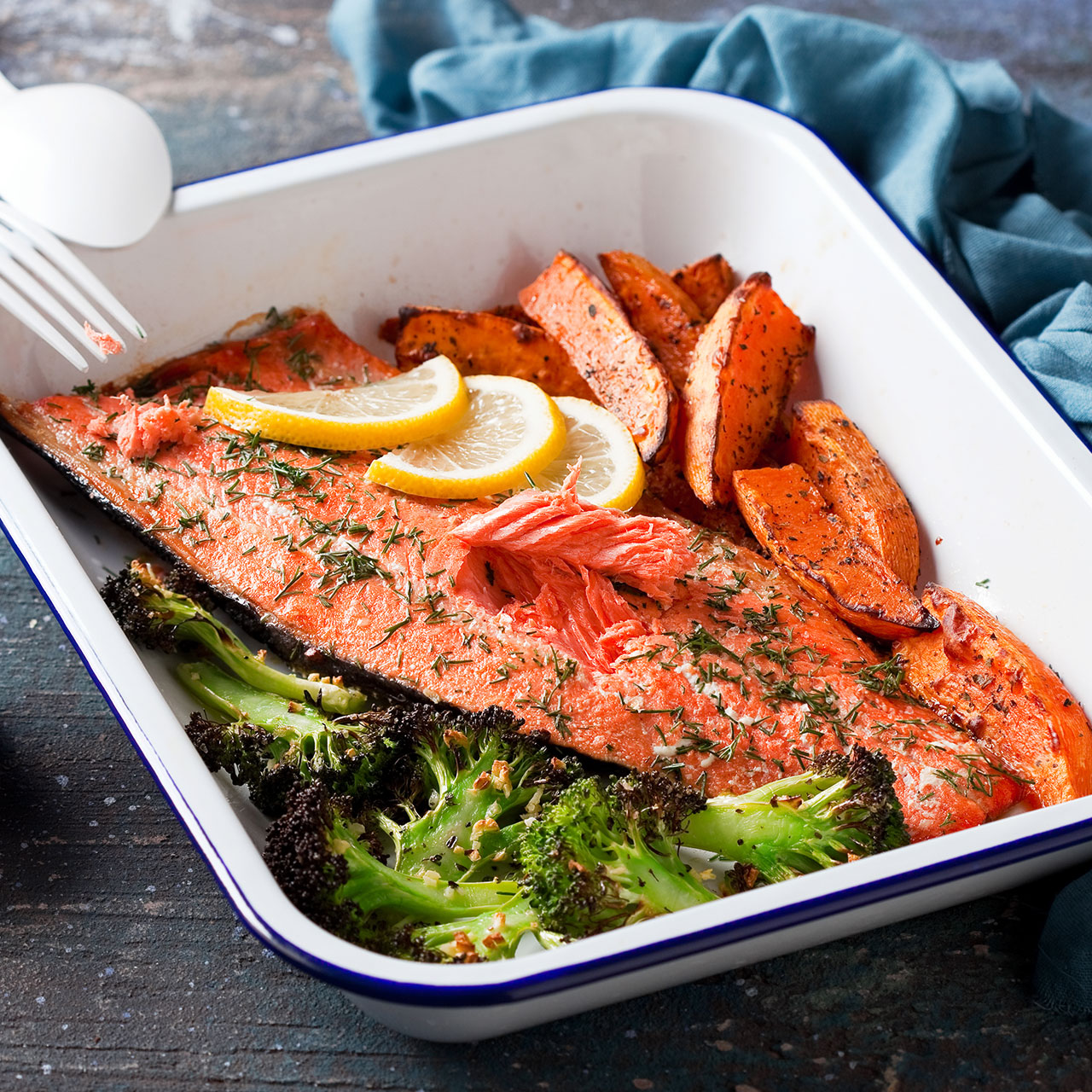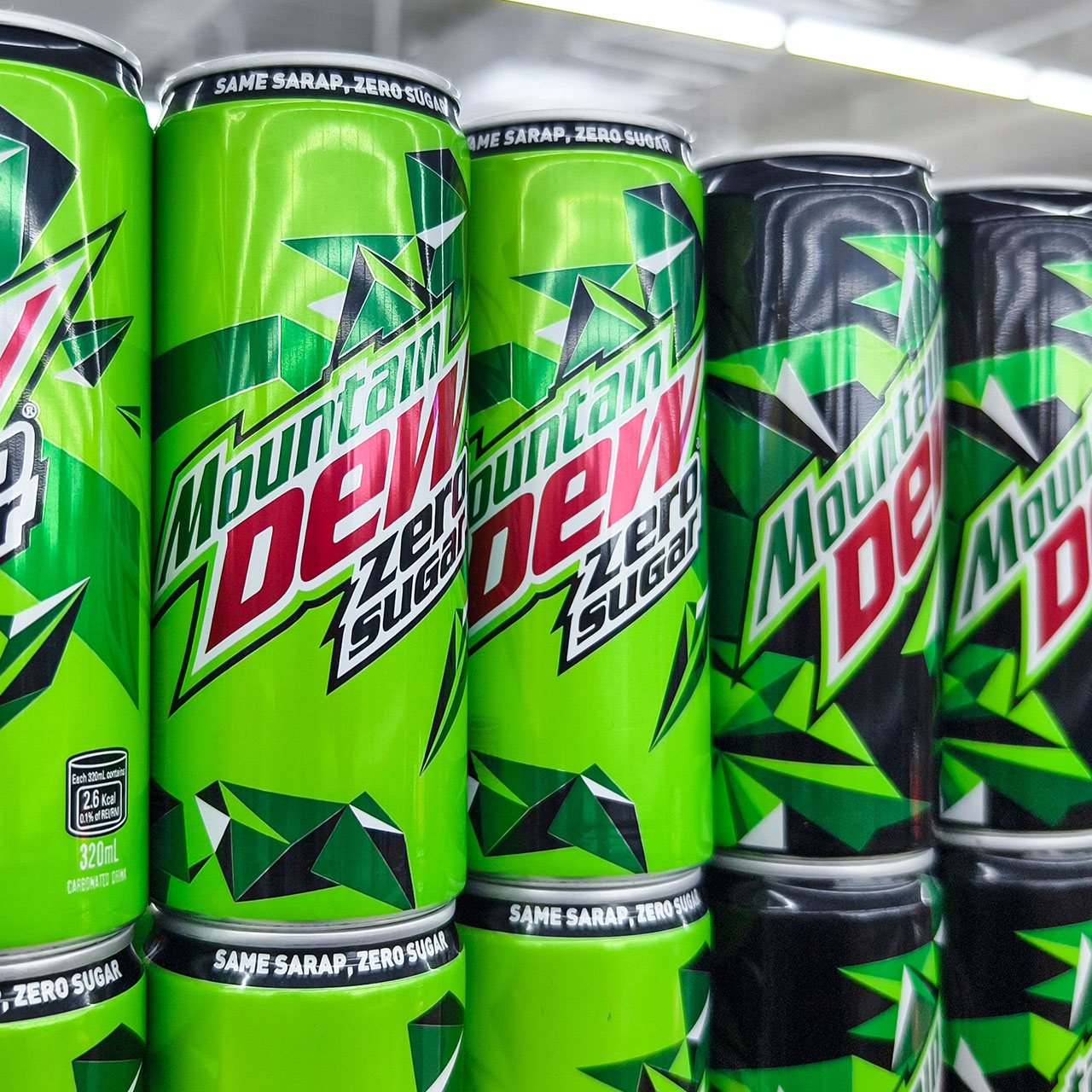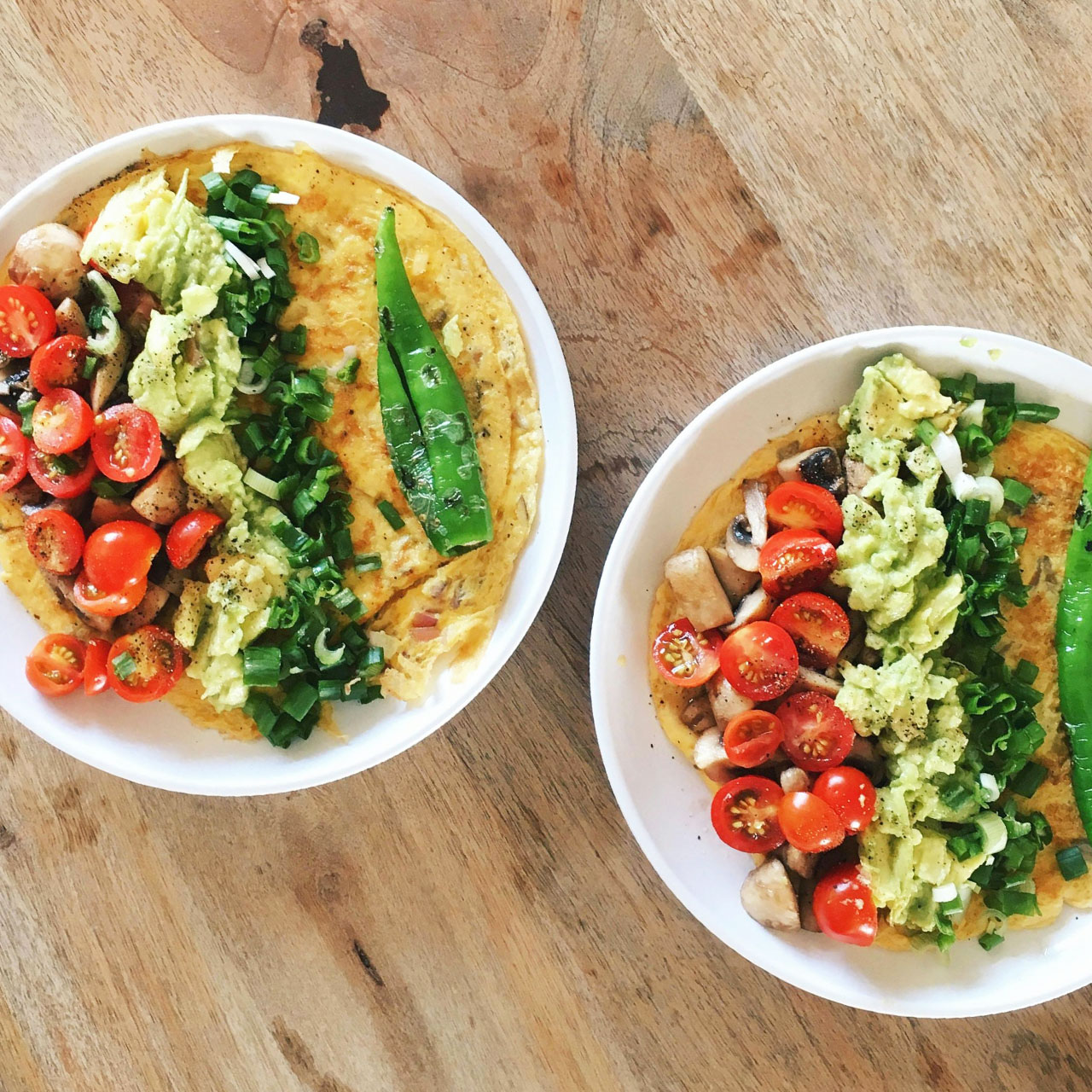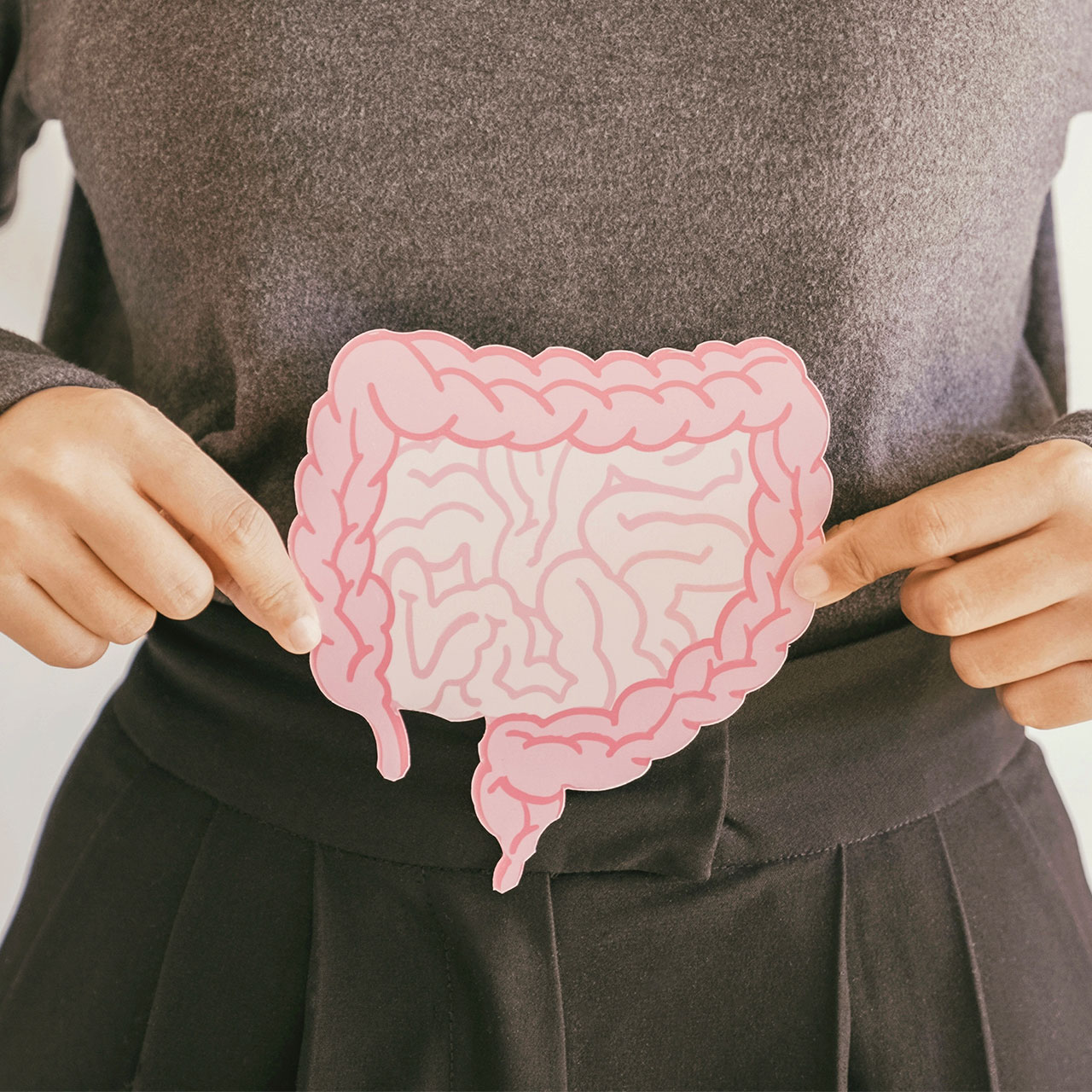This is an archived article and the information in the story may be outdated. Please check the time stamp on the story to see when it was updated last.
Snacking is a normal and healthy part of any diet, so long as you choose the right items to snack on. When determining which foods should be included in your diet to bridge the gap between meals it’s important to choose nutrient dense ingredients which can help boost your energy levels and support increased satiety so you aren’t left consuming excess calories throughout the day.
However, not all macronutrient dense snacks are actually ideal for weight loss, and some may promise wide reaching claims while potentially standing in the way of your weight loss success or even causing weight gain, inflammation, and discomfort. If you’ve been struggling with a tight and distended stomach after snacking, there’s one item dietitians agree you should consider removing from your diet.


Protein is undoubtedly one of the most important nutrients to include in any well-balanced diet, but the means through which you consume your protein is important to consider. While an easy snack, protein bars are generally not great for promoting weight loss and supporting your well being, and often packed with preservatives, excess carbs and added sugar, they may be making inflammation in your body worse.
“Unfortunately, the quality of most of the bars on the market is very low and shouldn't be considered healthy,” warns registered dietitian Trista Best. “The vast majority are made with refined carbohydrates, sugar, and gluten all of which can lead to bloating and fatigue.”
Odds are if you’re eating a protein bar as a snack you’re looking for a quick hit of protein and ample energy to carry you through to your next meal. However, opting for a bar instead of a naturally occurring protein source can come with a slew of side effects, many of which are unpleasant on the body. “As the body works to process these ingredients it becomes more inflamed, especially the gut, and this inflammation leads to bloating and fatigue among other concerns,” says Best.
While bloating does not directly correlate with weight gain, it can make you feel uncomfortable in your body and have a negative impact on your mental health. If you feel like your clothes are fitting tighter you may feel inclined to throw your healthy eating plan away, but you’ll be better served pinpointing the foods that are causing these issues, rather than assuming your weight loss plan is failing.

Seeing as protein bars are frequently packed with additives and excess sugar they may also have an inverse effect on your metabolism, making it more difficult to burn fat at rest and consequently causing weight gain over time. This snack may seem like a great fit for your healthy diet as it provides one of the primary macronutrients needed to streamline your eating, but at the end of the day you will be better served consuming your protein from more natural sources, such as a chickpea salad, lean meat, or even Greek yogurt.
These foods are more apt to fuel your body with energy while also being low in calories, sugar, and unhealthy preservatives, making them better for limiting inflammation, fatigue, and weight gain.
If you just finished a difficult workout or are severely low on calories for the day, a low sugar, high protein bar may not be the worst option to get a quick boost of fuel. However, make sure not to rely on this heavily processed snack in your day to day diet if you’re hoping to banish bloating, unnecessary fatigue and discomfort, and try to find more natural alternatives to give your body the energy it needs to make it in between meals.
As with any food, you can enjoy protein bars in moderation and still see success in your healthy eating journey, but contrary to popular belief they should not become a staple in your diet in order to feel the best in your body. A good rule of thumb is to eat as many natural, whole foods as possible, and there are a variety of different sources which will be more beneficial to your body in the long term.


























